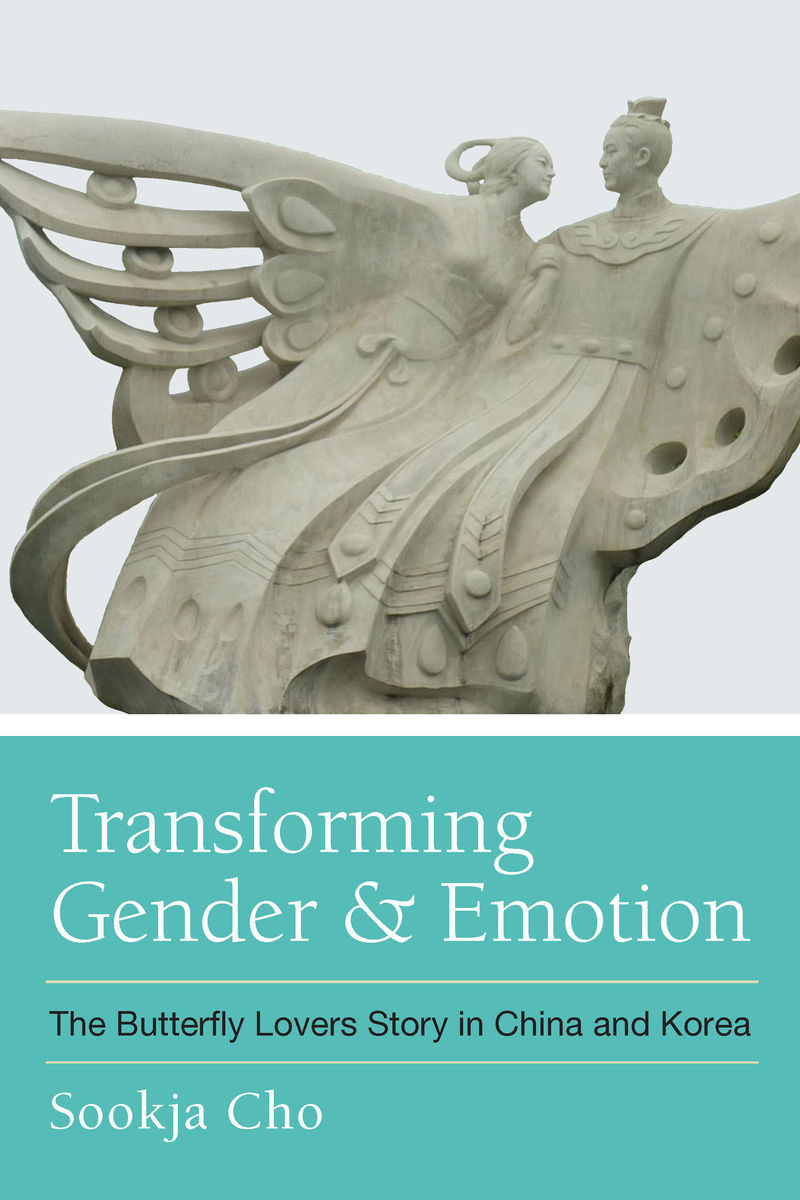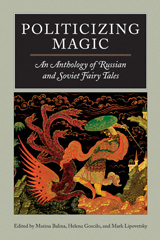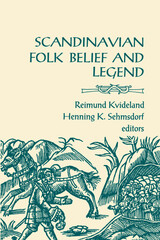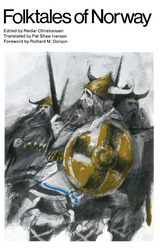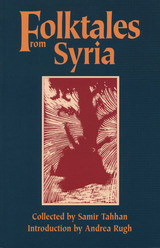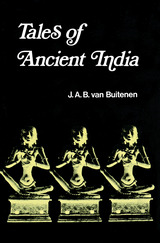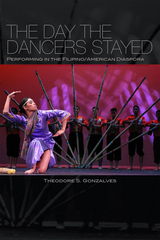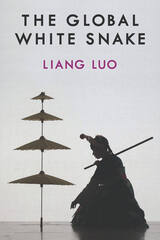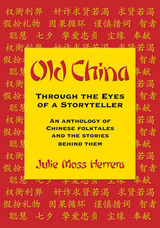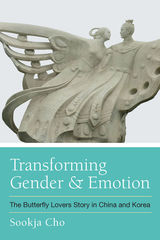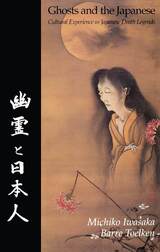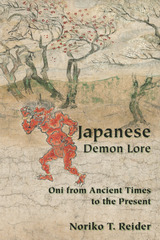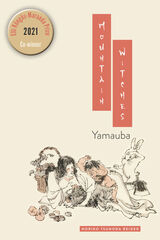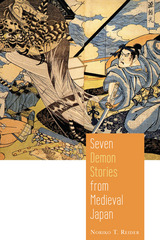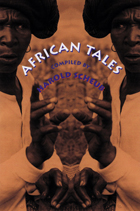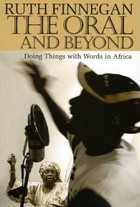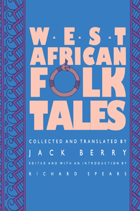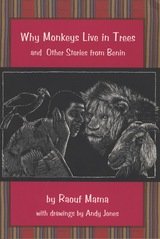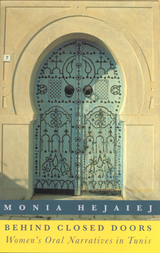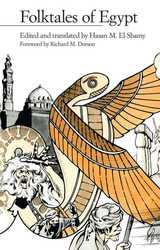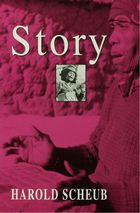Transforming Gender and Emotion: The Butterfly Lovers Story in China and Korea
University of Michigan Press, 2017
eISBN: 978-0-472-12345-2 | Cloth: 978-0-472-13063-4
Library of Congress Classification GR335.4.L53C46 2018
Dewey Decimal Classification 398.20951
eISBN: 978-0-472-12345-2 | Cloth: 978-0-472-13063-4
Library of Congress Classification GR335.4.L53C46 2018
Dewey Decimal Classification 398.20951
ABOUT THIS BOOK | AUTHOR BIOGRAPHY | REVIEWS | TOC | REQUEST ACCESSIBLE FILE
ABOUT THIS BOOK
The Butterfly Lovers Story, sometimes called the Chinese Romeo and Juliet, has been enduringly popular in China and Korea. In Transforming Gender and Emotion, Sookja Cho demonstrates why the Butterfly Lovers Story is more than just a popular love story. By unveiling the complexity of themes and messages concealed beneath the tale’s modern classification as a tragic love story, this book reveals the tale as a rich academic subject for students of human emotions and relationships, comparative geography and culture, and narrative adaptation. By examining folk beliefs and ideas that abound in the narrative—including rebirth and a second life, the association of human souls and butterflies, and women’s spiritual power—this book presents the Butterfly Lovers Story as an example of local religious narrative. The book’s cross-cultural comparisons, best manifested in its discussion of a shamanic ritual narrative version from the Cheju Island of Korea, frame the story as a catalyst for inclusive, expansive discussion of premodern Korean and Chinese literatures and cultures. This scrutiny of the historical and cultural background behind the formation and popularization of the Cheju Island version sheds light on important issues in the Butterfly Lovers Story that are not frequently discussed—either in past examinations of this particular narrative or in the overall literary studies of China and Korea. This new, open approach presents an innovative framework for understanding premodern literary and cultural space in East Asia.
